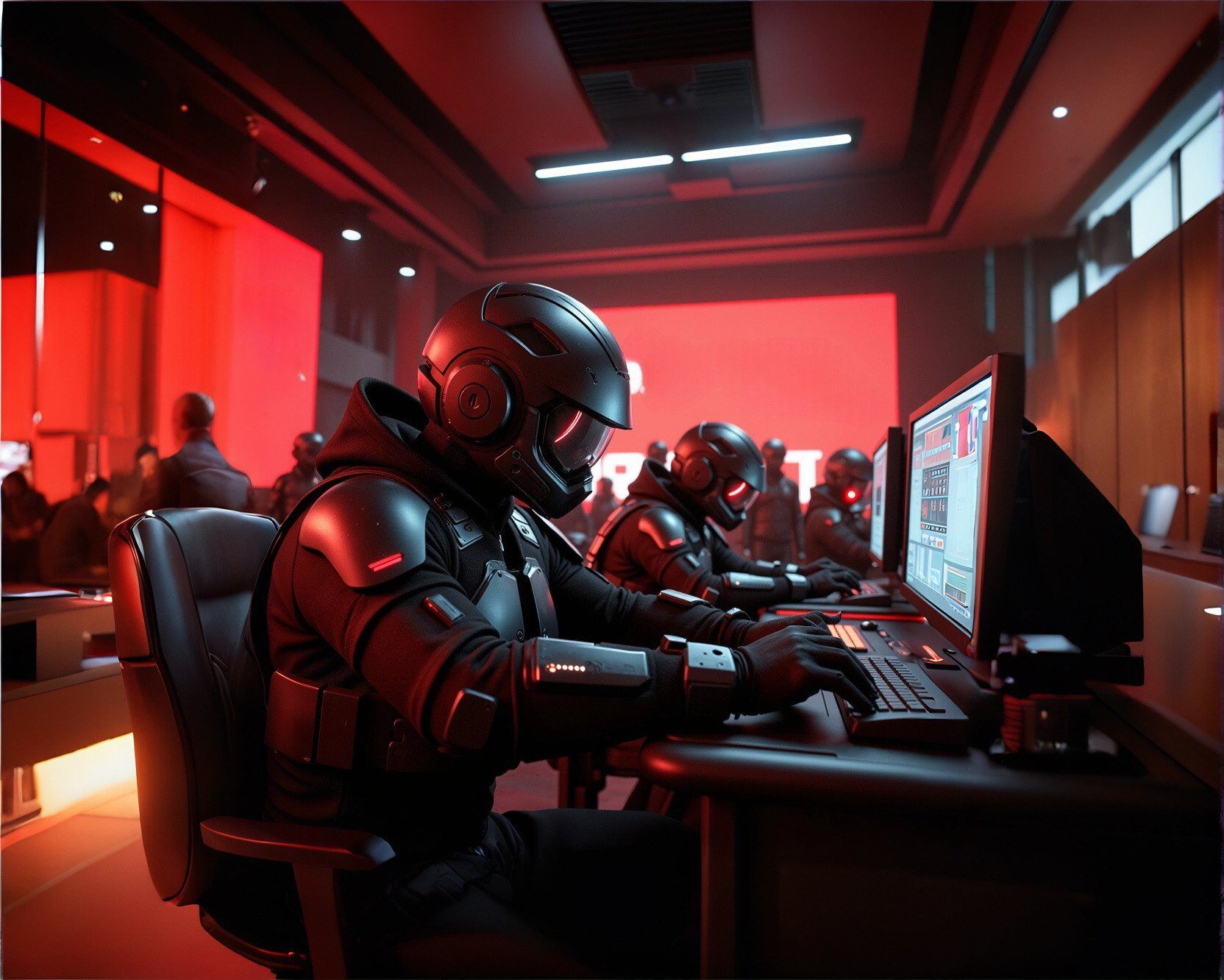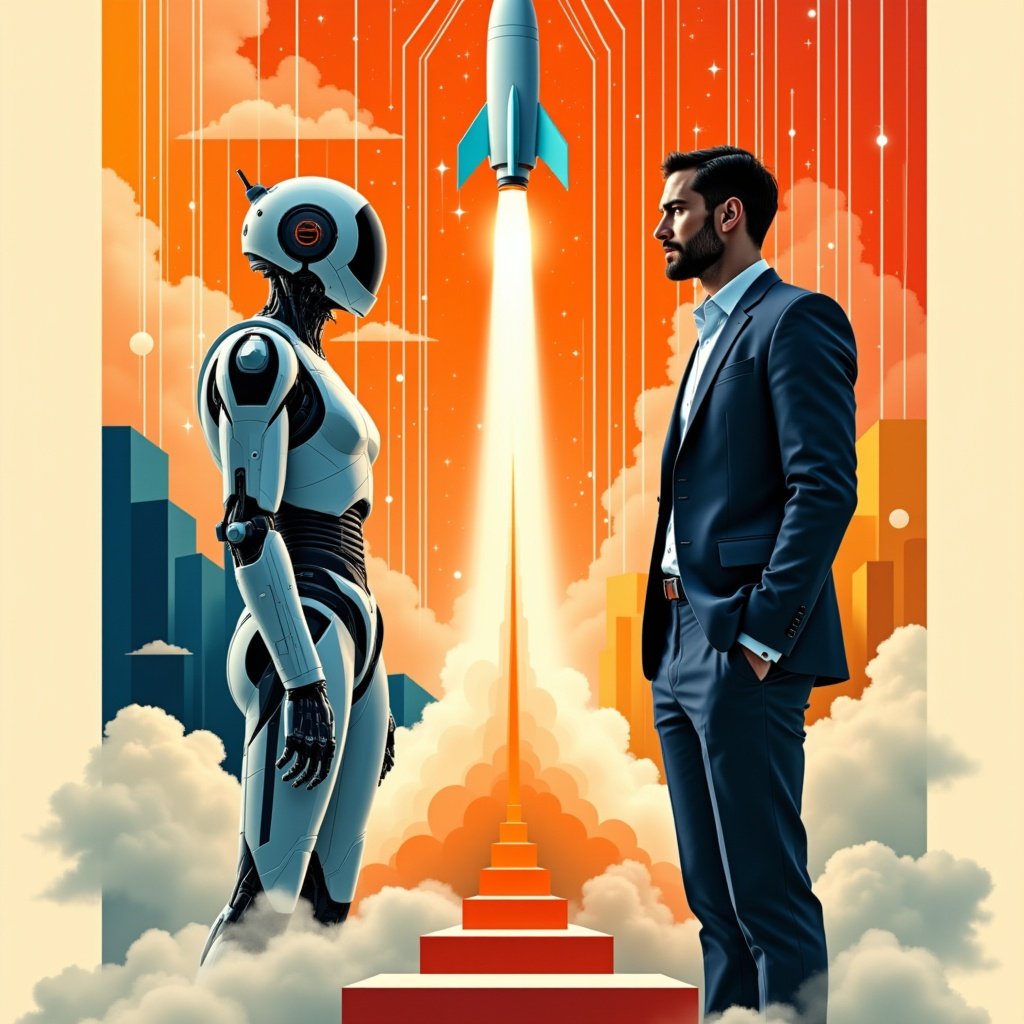.png)
The Human Side of AI Transformation

In 1954, Ray Kroc walked into a small burger stand in San Bernardino, California. He didn’t see another fast-food joint but a blueprint for something much bigger. The McDonald brothers had perfected speed and efficiency, but Kroc understood the real opportunity: scale. He saw the end game.
Fast-forward to today, and AI is at a similar crossroads. Most leaders are focused on what AI can do today, but the real question is, where is it taking us?
AI Is Changing the Rules of Growth
Traditionally, growth meant more people, more processes, more infrastructure. AI changes that equation. It enables businesses to scale impact without scaling effort at the same rate. Companies that integrate AI into their strategy aren’t just automating tasks; they’re expanding what’s possible.
- AI removes friction from workflows, allowing employees to focus on higher-value work.
- AI-driven insights lead to faster, more precise decision-making.
- AI enhances human expertise, multiplying the effectiveness of teams.
The most forward-thinking leaders are asking bigger questions: What does AI do? What do humans do? And how do we design a future where they work together?
AI Isn’t Replacing Humans—It’s Changing the Game
There’s no denying that AI is replacing some jobs. But the bigger story is how humans are evolving alongside AI. The real power isn’t in choosing between AI or people—it’s in designing the right partnership. AI is great at crunching data, predicting trends, and automating tasks. But human intuition, creativity, and ethical reasoning are irreplaceable.
In finance, AI detects fraud in milliseconds, but experts interpret the bigger picture. In healthcare, AI accelerates diagnostics, but doctors provide the expertise and empathy. In business, AI optimizes strategy, but leaders make the calls that matter.
The Founder Moment: Seeing the Future Before It’s Obvious
Ray Kroc saw something the McDonald brothers didn’t—a future of scale and dominance that required a different way of thinking. AI presents the same kind of moment for today’s leaders. The winners won’t just adopt AI; they’ll rethink how business itself is structured.
AI is not just about efficiency—it’s about enabling entirely new ways of working. The companies that recognize this now will lead in the years ahead.
The End Game: The Conversations We Need to Have
This isn’t just about rolling out AI tools and hoping for the best. We need to start having the real discussions now:
- What will AI own, and what remains human?
- How do we design organizations that evolve with AI?
- What new roles will emerge as AI takes over repetitive tasks?
This is the work of leadership. AI will continue to evolve—will your business evolve with it?
What’s your take? How is AI reshaping your industry? Let’s talk.
#AI #Leadership #Strategy #FutureOfWork







